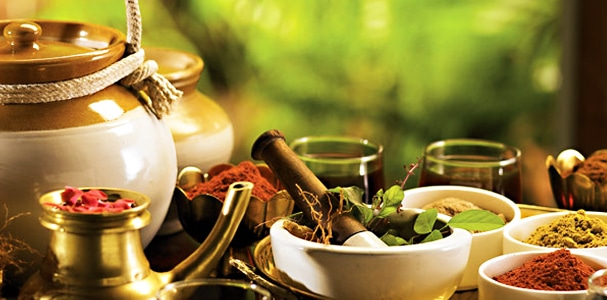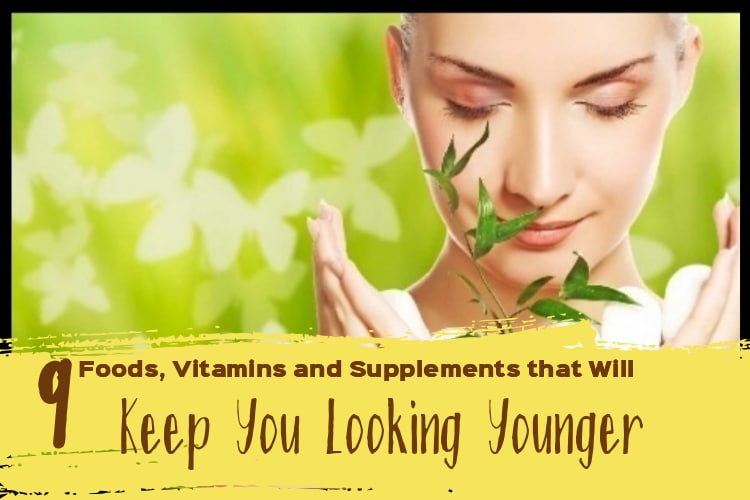
Top Ways to Maintain Beautiful and Youthful Looking Skin
Every minute each day, our skin on our bodies is open to the elements of natural that can cause us to age quicker than we are supposed too. The sun, for instance, causes the skin to develop wrinkles, age spots and diseases such as skin cancer. The weather along with other unhealthy elements such as pollution, dirt, grime and many others can cause our skin to age faster. In order to maintain beautiful, youthful skin you need to learn how to care for your skin the right way.
Table of Contents
Let us begin…
Washing Your Face the Right Way
Neither washing your face does not have to be an all affair nor does it have to be expensive either. With the economy the way, it is we cannot afford to waste away our money on over the counter products that probably do not work. I am going to show you how to have beautiful looking skin in as easy as four steps. Those steps are:
Cleansing
Getting rid of dirt and chemicals while off-putting the stress of daily cleansing
Moisturizing
Hydrating and replenishing the skin
Using Sunscreen
Protecting the skin from damaging UV rays
Cleaning Your Skin
In order to maintain youthful and beautiful skin, you need to cleanse your skin daily to remove dirt, oil, dead skin flakes and any left-over products applied to the skin. Your skin does not have to be dry and tight in order to be clean. When choosing a cleanser for your face you need to be careful on the type of cleanser you choose because some cleansers can have effects that are harmful to your skin. For example, some people think they have dry skin when in actuality; it is the cleanser that they are using on their skin that is causing dry skin.
What Skin Cleanser Is The Best Skin Cleanser To Use?
Below are the different types of skin cleansers:
Bar Soap
They are the, for the most part, irritating cleansers but they are the best to get rid of dirt and grime
Liquid Cleansers
These cleaners are good cleaners to use except if you have oily skin.
Facial cleansers
Are the cleansers to use but may not remove oil and dirt as well as other cleansers.
Help Tip:
-
- Use the mildest cleanser that still removes dirt, oil, and debris
- While some cleaning soaps remove oil from the skin, they do not change the amount of oil that your face produces.
- After cleansing your skin, protect it every day by using a moisturizer or foundation with a sunscreen of SPF of 15 or higher (depending on your skin pigmentation or color).
Moisturizing
When you hydrate your skin, you simply add water, such as when washing your face or taking a bath. To moisturize your skin, you add water, oil, or both. For most skin types, you should moisturize your skin every morning and evening, using a moisturizer that does not aggravate a skin problem. A good moisturizer would be a fragrance-free moisturizer. Make sure you never put heavy cream on oily skin that is prone to breakouts. For oily skin, the moisturizer should be oil-free but have moisturizing traits. Always apply moisturizers after cleansing and hydrating your skin. A good moisturizer will have a combination of ingredients that:
- Rejuvenate the skin’s natural ingredients. This will keep your skin in a healthy and youthful.
- Reduce the damage from free-radicals
- Help the cells function naturally
A High-quality Moisturizer Will Have the Following Ingredients
Glycerol
Glycerol helps water and other moisturizer ingredients make a way into the skin to get where they need to go.
Ceramides
Assist in the process of replenishing the skin’s natural oils.
Hydroxy Acids
Lend a hand with exfoliation of dead skin cells
Niacinamide
Helps the skin produce extra natural oils, and could possibly help decrease the signs of sun-damaged skin, like brown spots and blotchiness
Choosing the Right Moisturizer
In order to achieve optimum results, you need to choose a moisturizer that fulfills your skin’s needs. Take into consideration the following factors: Do you have…
Dry Skin
Dry skin is dull, rough, scaly, and itchy, with almost invisible pores. An abnormal shedding of cells from the skin’s outer layer usually causes dry skin.
Oily Skin
Oily skin is acne-prone skin with open pores, a shiny complexion, blackheads, and pimples. Because hormones affect oil production, anything that affects your hormone levels may influence your skin. Some experts believe that stress, such as from exams, may trigger outbreaks of acne.
Normal Skin
Normal skin has an even, smooth skin tone; soft texture; and no visible blemishes, red spots, or flaky patches. Pores are barely visible, and the skin surface is neither greasy nor dry. Normal skin has few imperfections because of the balanced amount of water and oil and good blood circulation. If your skin is normal, wash your face two to three times each day, with a mild cleanser or plain soap and water, to remove dirt and sweat.
Acne-Prone Skin
Skin products containing benzoyl peroxide may help to treat mild acne if you use sparingly (once daily in the evening). The goal is to treat all oily areas of the face — forehead, chin, nose, and cheeks — not just, where you notice pimples. Treating the areas that tend to break out may help prevent future pimples.
Eczema
Eczema symptoms include itchy, red, and dry skin caused by inflammation. It usually found in children, although adults can get it. There are different types of eczema. The most common condition of eczema is called atopic dermatitis.
Atopic Dermatitis
It causes dry skin, intense itching, and then a red, raised rash. In severe cases, the rash forms clear, fluid-filled blisters.
Sensitive Skin
People who easily break out in rashes and get blotchy, itchy, or stinging skin in response to products or the weather described as people with sensitive skin.
Tip: Choose a moisturizer that has ingredients that will help you improve and maintain healthy skin.
Sunscreen
Sunscreen is a vital component to achieving healthy looking skin. Surprisingly, most of the damage done to our skin is from UV radiation that is under the surface. The damage from UV radiation happens slowly, so you are unaware how much damage is being done to your skin.
Tip:
- Damage from UV radiation can occur from little bits of exposure that add up over the years and can cause wrinkles, dark spots, and skin cancer.
- You can also calculate how much UV exposure you are getting by using a method called the shadow rule. The shadow rule is a shadow that is longer than you are means UV exposure is low; a shadow that is shorter than you are means the UV exposure is high.
Choosing the Right Sunscreen
Remember to…
- Research how sunscreens work
- Learn the difference between everyday sunscreen vs. out-in-the-sun sunscreen
- Learn the difference between using a sunscreen alone vs. sunscreen plus moisturizer
- Learn about UV rays and how to protect yourself from them (remember the shadow rule)
Tip:
- Wear sunscreen everyday and avoiding the sun’s ultraviolet rays from 10 a.m. until 4 p.m., this will help protect you against premature aging and skin cancer.
- Protecting yourself from UV rays is just as import as cleansing and moisturizing your skin so make it part of your daily regimen. Be smart!
Basic Skin Care Tips
- Eat Healthily: A healthy diet leads to a healthy skin!
- Get Plenty of Sleep: You must sleep for eight or ten hours each night because skin revives itself when you sleep.
- Be clean: Elimination of toxins helps maintain healthy skin
- Reduce Stress: Stress causes the skin to develop an outbreak of rashes or blemishes.
- Deep Breathing Exercises: Deep breathing exercises like yoga can improve the condition of your skin. Oxygen is vital to your skin






